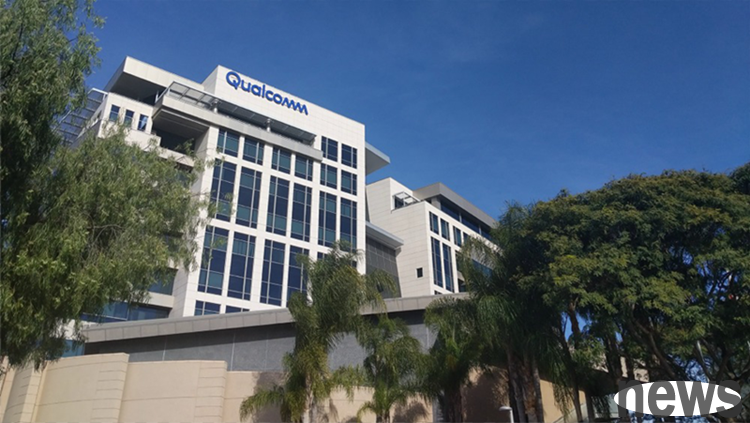
chip design manufacturer Qualcomm said that it is currently in talks with a cloud giant customer about using silicon chips in data centers, and in the smartphone market, it may lose an important mobile customer and turn to Samsung.
Qualcomm has recently issued the number of messages entering the military data center market. The company's executive director Cristiano Amon said in COMPUTEX that "CPUs born for the AI era" will be one of the machines entering the market.
At the latest financial phone meeting, Amon said that with the rapid expansion of recommendation demand, cloud service operators are creating a dedicated recommendation agenda that focuses on performance and also emphasizes efficiency, especially how many tokens (computer units) can be processed per dollar and per watt. These factors, combined with the transition from commercial x86 CPUs to customized Arm-compatible CPUs, are all created for Qualcomm's entry opportunities.
Amon notes that Qualcomm is developing a universal CPU with a high focus on hyperscaler (very large businessman) because they have a CPU load that is compatible with Arm. In addition, Qualcomm has also created another data center product as a "recommended organizer host". In addition to creating acceleration cards, it is also creating an entire rack.
Although it is still in the early stage of expansion, Qualcomm said it has contacted many potential customers and has conducted in-depth talks with a major hyperscaler. If it progresses smoothly, it will start paying for the 2028 annual conference.
It is worth noting that rival Broadcom claims that it already has many cloud-based customers, and plans to start ordering more than one million ASIC chips in 2026, which means that Qualcomm may start late in the AI-based facility market.
In addition, in the high-level smartphone segment, this year's Galaxy S25 series mobile phones will fully adopt Qualcomm Snapdragon processors. However, Samsung has emphasized that it will be committed to enhancing the competitiveness of Exynos chips, ensuring that it will be introduced into the flagship product line of a major customer in 2026, and plans to start mass production of 2-nanometer mobile chips in the second half of the year. The outside world speculates that this customer should still be Samsung's own mobile phone department. If one of the keys to make Exynos more competitive is to improve its AI performance, and using a 2-nanometer process may be the way to achieve this goal.
Qualcomm working on datacenter CPU and in ‘advanced discussions’ with hyperscaler Extended reading: Faced with Mask's super strict standards, can the Samsung 2 nanometer process be able to afford the exam? Arm executive revealed that it is heading towards self-developed chips, challenging the existing AI semiconductor system